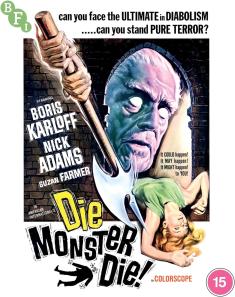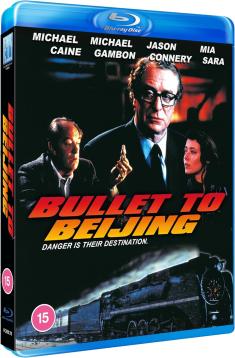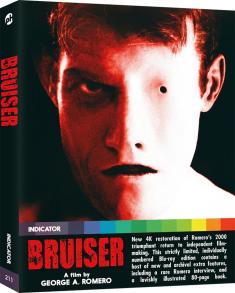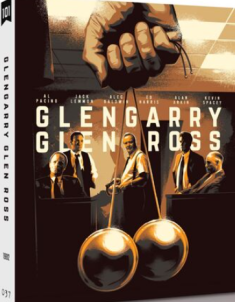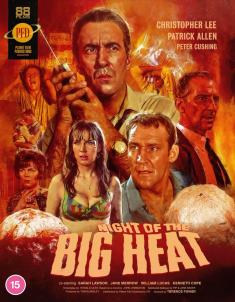Total War: Attila
Overview -
The Creative Assembly is a British studio owned by Sega, most famous for their 'Total War' series of PC strategy titles. They occasionally branch out into other genres, such as last year’s successful 'Alien: Isolation'. 'Total War: Attila' is their most recent title, and the first 'Total War' since 2013’s 'Rome II'.
Video Review
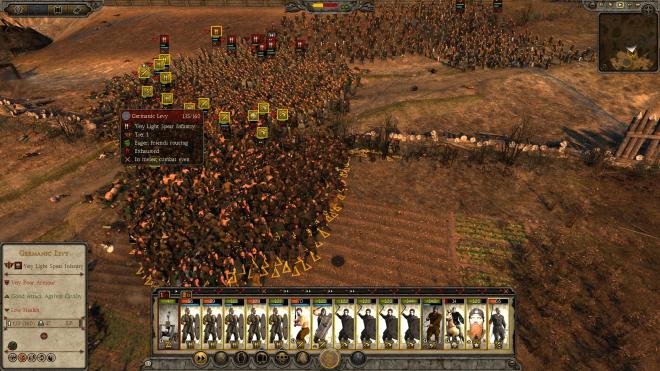
'Attila' doesn’t look much better than the preceding 'Total War' from 2013. That’s not to say it’s bad, it just hasn’t made much progress. The environments look nice, both in the overmap and on the battlefield, but the character models and textures lag behind. The weather effects have been improved somewhat, with more realistic fog and rain. Unfortunately, pitched battles strain the engine and can mire down the framerate somewhat.
Audio Review
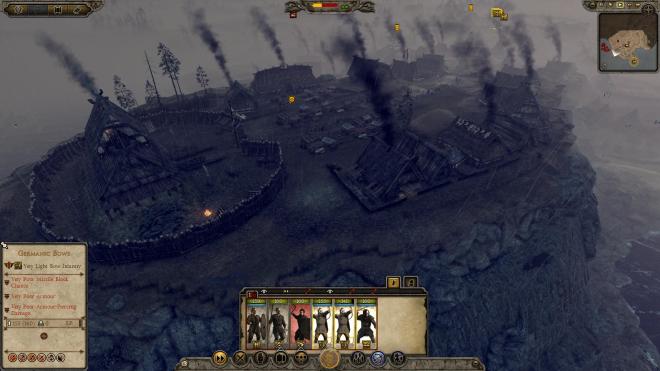
'Attila' has a beautiful soundtrack that has a different flavor depending on the faction controlled. The Huns have a more tribal, percussive beat, while the Romans are accompanied by a stately sound. The sound effects during battles are convincing, with lots of authentic-sounding hooves, weapons being clashed against shields, and things being set on fire. The advisor’s voice acting is well done, but the pep talks from the generals before each battle are a bit hammy, which is a longstanding 'Total War' tradition.
Final Thoughts
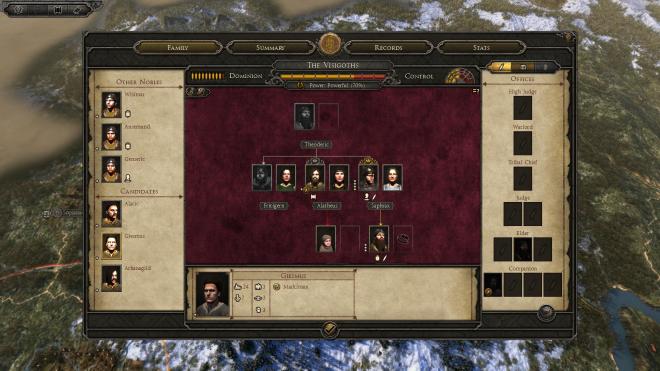
'Total War: Attila' plays well for the most part, as it lives up to the series' deep and enjoyable standards, but doesn't feel like a leap forward. It is a complex, demanding, and often difficult strategy title, and all of these are to its credit. Playing as the Huns does have its own nuance, while the accompanying historic scenarios help fill out the era. 'Attila' is not chock full of innovation and neither are technical achievements dazzling, but it does sport a reasonable price point at release, somewhere in between an expansion and full retail.





